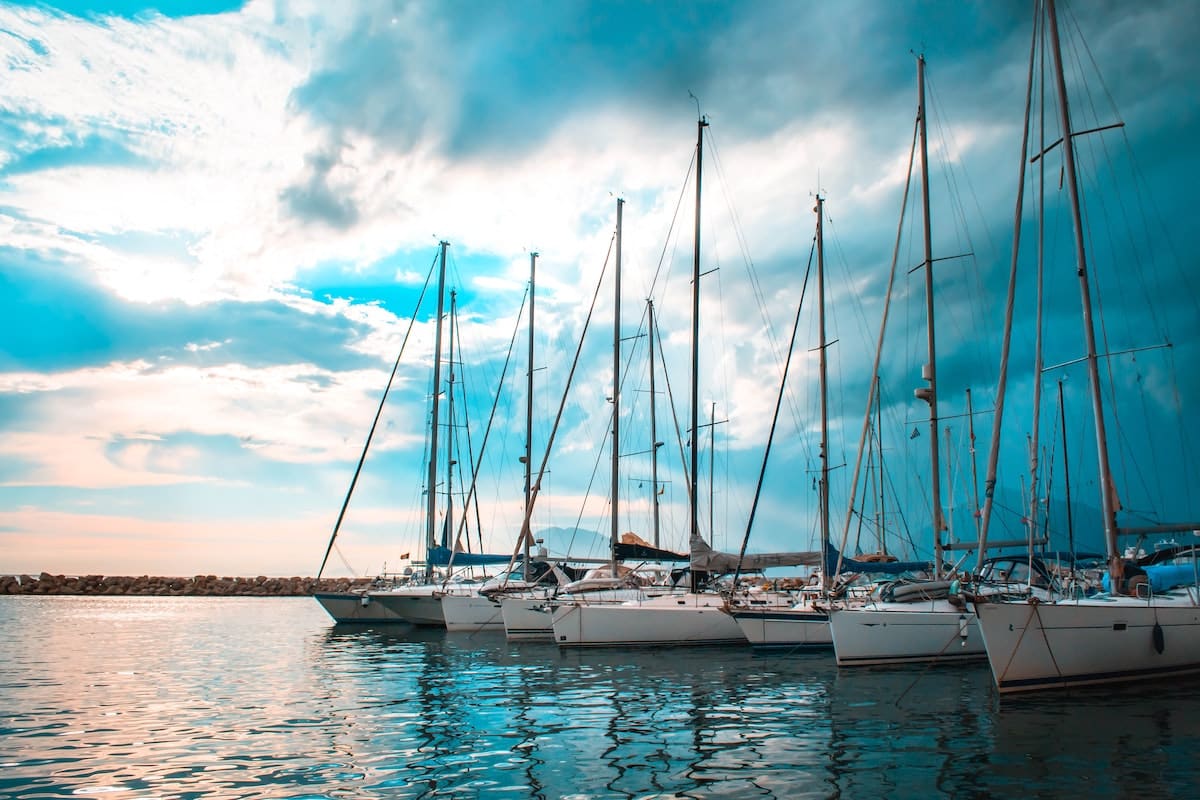Maritime accidents and injuries are highly traumatic experiences because they are often life-threatening. Depending on when and where the accident occurs, a victim may or may not have access to immediate medical care, or their transportation might prove even more challenging or traumatizing if they are far from shore.
This is why strict maritime laws exist to protect both the passengers and the crew members’ rights to compensation. Maritime accident victims should take legal action by contacting a maritime lawyer at Lipcon, Margulies & Winkleman, P.A.
With the help of a maritime lawyer by your side, you can use the Jones Act, the Doctrine of Unseaworthiness, the Maintenance and Cure Act, or all three maritime laws and compensation rights in your favor and cover your losses. Here are some of the most common maritime accidents and injuries you should be aware of!
Overexertion Injuries
Many sea workers are prone to accidents due to a lack of proper training or employer demands. For example, seamen must regularly manage repetitive motions while working on ships, such as lifting, pulling, holding, and pushing. Injuries from overextension or repetitive motions are very common and can lead to chronic pain in areas such as the back, hips, neck, shoulders, wrists, knees, ankles, feet, elbows, or hands.
However, this is a good scenario. In the worst-case scenario, employees can suffer paralysis due to overextension injuries to the back, nerve damage, or paraplegia (a loss of functions in the legs). Strains and sprains are also common, along with rotator cuff injuries.
An employer is responsible for picking tasks for their employees that are not beyond their physical capabilities, while training is also vital to prevent such injuries. Adequate breaks, appropriate tools, ensuring that there are enough crew members for the tasks, and having a proper injury response plan all fall under an employer’s responsibilities.
Even a failure to modify work in extreme temperatures can be used against your employer under the Jones Act if you suffer frostbite or heatstroke injuries because it is the employer’s responsibility to shorten work hours during such events or use other work tactics to prevent injuries.
Slips and Falls
Slip and fall accidents most commonly occur when ships are docked or are out in the ocean. Slippery floors are common endeavors that seamen must face. However, this doesn’t mean cleaning and maintenance aren’t mandatory.
An employer must always ensure that any work environment is safe. Yet, slippery floors aren’t the only reason why slips and falls are common on ships. Seamen must also regularly climb ladders and work at elevated heights.
They need to be trained and have personal protective equipment (PPE) and harnesses to perform their duties adequately and safely. In some cases, workers must not work alone to avoid injuries, but sometimes, even a broken or missing hatch can cause a catastrophic injury. In some instances, both the boat owner and employer can be held liable for the employee’s injuries, but it all depends on the circumstances of your case.
Understanding Your Rights
As a sea worker, you will undoubtedly perform various tasks for your employer. However, you have to be aware that some tasks might not fall under your responsibility if you haven’t received proper training beforehand.
For example, your employer might ask you to do some engine room work or other repair tasks, which are dangerous. In other instances, you might work with chemicals that might cause burns or release toxic fumes.
Without proper training, receiving specialized equipment, and being made aware of the dangers and risks involved, you will most likely suffer injuries or be prone to accidents. Your employer must take care of you, and if they don’t, then they are liable for your injuries. With a maritime lawyer by your side, you can receive compensation for your injuries and losses.
Under the Jones Act, a seaman that was injured on a boat that wasn’t adequately equipped for the tasks at hand can hold the shipowner liable. Under the Maintenance and cure act and the Doctrine of Unseaworthiness, you can recover medical treatment costs and lost wages if you were hurt while performing your duties.
You can sometimes use all these maritime laws in your case together or other legal strategies to receive compensation for your losses. Yet, the best way to find out exactly what you should do is to contact a maritime lawyer for a consultation on your case. They will be able to tell you exactly how you should proceed and if you have a strong case on your hands.
Image Credit: Photo by Dana Tentis: https://www.pexels.com/photo/six-white-boats-under-horizons-445363/


